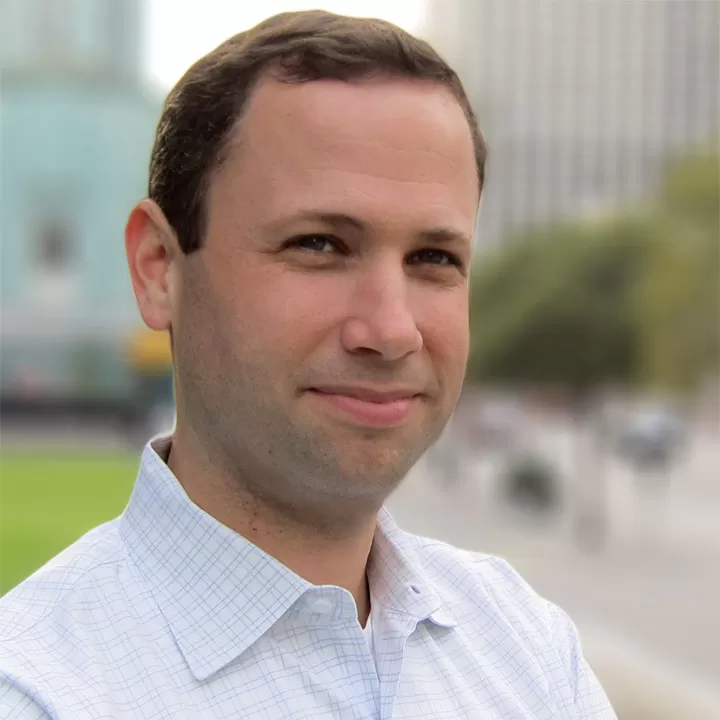Jonathan Nettler has lived and practiced in Boston, Washington D.C., San Francisco, New York, and Los Angeles on a range of project types for major public, institutional, and private developer clients including: large scale planning and urban design, waterfront and brownfield redevelopment, transit-oriented development, urban infill, campus planning, historic preservation, zoning, and design guidelines.
Jonathan is a member of the American Institute of Certified Planners (AICP) and serves on the Board of Directors for the Los Angeles section of the American Planning Association (APA) as the Vice Director for Professional Development. He is also active in local volunteer organizations. Jonathan's interests include public participation in the planning and design process, the intersection between transportation, public health and land use, and the ways in which new ideas and best practices get developed, discussed, and dispersed.
Jonathan previously served as Managing Editor of Planetizen and Project Manager/Project Planner for Ehrenkrantz Eckstut & Kuhn (EE&K) Architects. He received a Master of Arts degree in Architecture from the University of California, Los Angeles and a Bachelor of Arts degree in History from Boston University.
Three-Day Traffic Jam Strands Russian Motorists
Over the weekend, a 100-mile long traffic jam caused by snow, questionable decisions, and underinvestment on Soviet-era infrastructure, left 10,000 vehicles stranded on the M10 highway between Moscow and St. Petersburg.
Can China Ditch the Cars and Superblocks for More Livable Cities?
In his work developing plans for six new cities in China, Peter Calthorpe has a unique perspective on what the country must do to build sustainable cities to house its growing urban population. He shares his insights with Fortune's Brian Dumaine.
Could Induction Technology Transform Public Transit?
Induction charging, the same technology that allows you to juice up your cell phone without the need for cables, could be coming to a transit system near you. Could eliminating the need for catenary wires transform city streets?
D.C. Debates How to Clean its Storm Water
The D.C. Water and Sewer Authority wants to revise a settlement reached eight years ago with environmental groups that would have seen the agency build three huge tunnels to manage storm water runoff. The Authority would like to build green systems.

Supreme Court to Decide Who's Responsible for Storm Water Pollution
A case over "who can be held responsible for polluted storm water that runs off city streets and into rivers and bays" is headed to the U.S. Supreme Court tomorrow. The court's ruling on the Los Angeles case could have far-reaching impacts.

























